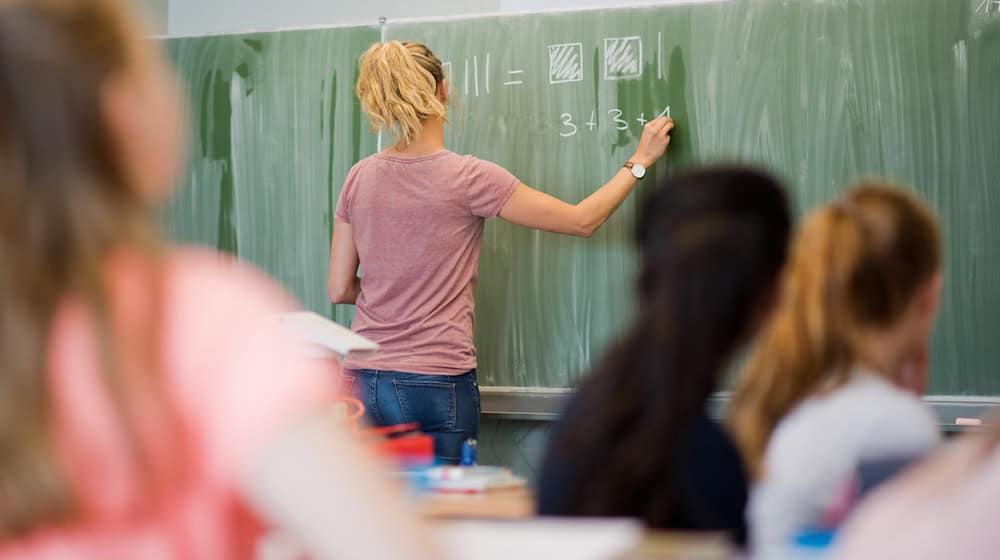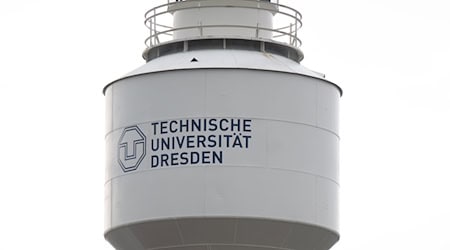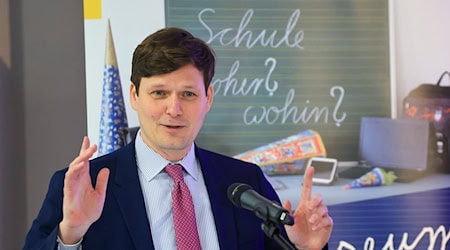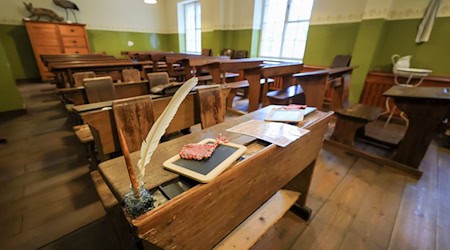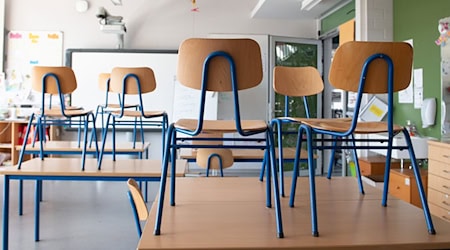After the introduction of the Ministry of Education's package of measures to safeguard school lessons in Saxony, the teachers' association has criticized the implementation. You can't make radical cuts and expect to get more in the end, said state chairman Michael Jung. Although the loss of teaching staff at secondary schools is decreasing due to the secondment of teachers, it is increasing at elementary school. According to Jung, this is merely a "redistribution". "The education package misses the real target."
Some of the secondments were made at short notice and there was also a lack of specific further training - for example for primary school teachers who suddenly had to teach a ninth or tenth grade, explained Jung. The psychological stress caused by the uncertainty is increasing. In addition, fewer hours would be available for the same amount of work. Jung criticized the package of measures as "not long-term and well thought out".
The teachers' association called for, among other things, school assistance at every school - i.e. around 1,400 assistance positions. These could support teachers with organizational tasks so that they could concentrate on teaching. Teachers also want more prepared secondments - through further training, for example.
Reducing absenteeism
The Saxon Ministry of Culture wants to take various measures to better safeguard school lessons. Among other things, older teachers are to work more hours than before. The age reductions - hours that teachers over a certain age have to work less - have been adjusted. Only from the age of 60 is there now an hour's reduction. When they reach the ages of 62, 64 and 66, further hours follow - so four in total.
Other points of the 21 measures relate to teaching. For example, more digital formats and more interdisciplinary teaching are being sought. Exams and class tests are to be reduced in order to reduce the amount of correction work. So-called credit hours, which teachers are granted as relief for certain activities, are to be reduced by around 10 percent.
Ministry of Culture sees positive trend reversal
Criticism also comes from the education union: "The package of measures exacerbates the situation at most schools instead of improving it," said Burkhard Naumann, Chairman of GEW Saxony. Teachers have less and less time to prepare and follow up lessons and deal with individual problems of pupils. The secondment of teachers to other schools merely shifts the problems, he said.
The Ministry of Education, on the other hand, sees the development as positive and says that the measures are having an effect: "The trend has reversed: for the first time in ten years, fewer lessons are being canceled at Saxony's schools, despite rising pupil numbers," said Saxony's Minister of Education Conrad Clemens (CDU). Secondary schools and schools in rural areas in particular are benefiting from this. In this context, Clemens thanked all teachers who made this possible through their "great commitment".
Copyright 2025, dpa (www.dpa.de). All rights reserved

